(April 26, 2023) “One day, women of Indian villages will be known for their potential, not their pain, for their aspirations, not their needs, for being leaders, not being led. We will make it happen, one Sapna Center at a time.” This is social entrepreneur Surabhi Yadav’s vision, which she realises through her project, Sajhe Sapne (Shared Dreams). The IIT-Delhi and University of California, Berkeley alumna has been working relentlessly to launch the careers of rural women in modern workforce.
Since 2020, Surabhi and her team have enabled rural young women grow their skills, salary, satisfaction, support system and most importantly, their opinions. With her dream of Har gaon ko ho sapna center ki chaon (to create a series of Sapna centers in every village), Surabhi has been working on her cause starting with Kandbari, a picturesque Himachal Pradesh village.
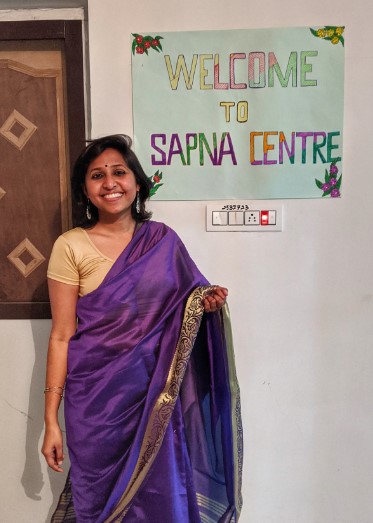
Surabhi Yadav, founder and CEO, Sajhe Sapne
Popularly known as ‘Sapna Centres’, the Sajhe Sapne training centres are run for a cohort of trainees called ‘Sapnewaalis’ (women who dare to dream). “Sajhe Sapne’s first cohort was from Bihar’s Musahar community, one of India’s poorest and most socially ostracised castes,” says Surabhi, in an interview with Global Indian.
Launching dreams
“There is no channel or pathway that connects modern workforce with villages,” says Surabhi and this is the gap she has chosen to address. Her non-profit is not into just providing livelihoods and creating gig workers but focuses on working towards the career development of rural women.
“I have put into Sajhe Sapne all that I have learned over the years,” remarks Surabhi. Growing up in a Madhya Pradesh village, she was no stranger to rural women resigning themselves to sub-optimal dreams. She thought it was a matter of courage and wondered why these women refused to dream big. “I remember many women in my extended family telling me that when you grow up, employ me as your chaprasi (peon).” Why do they want to be just be satisfied with that, Surabhi often wondered.
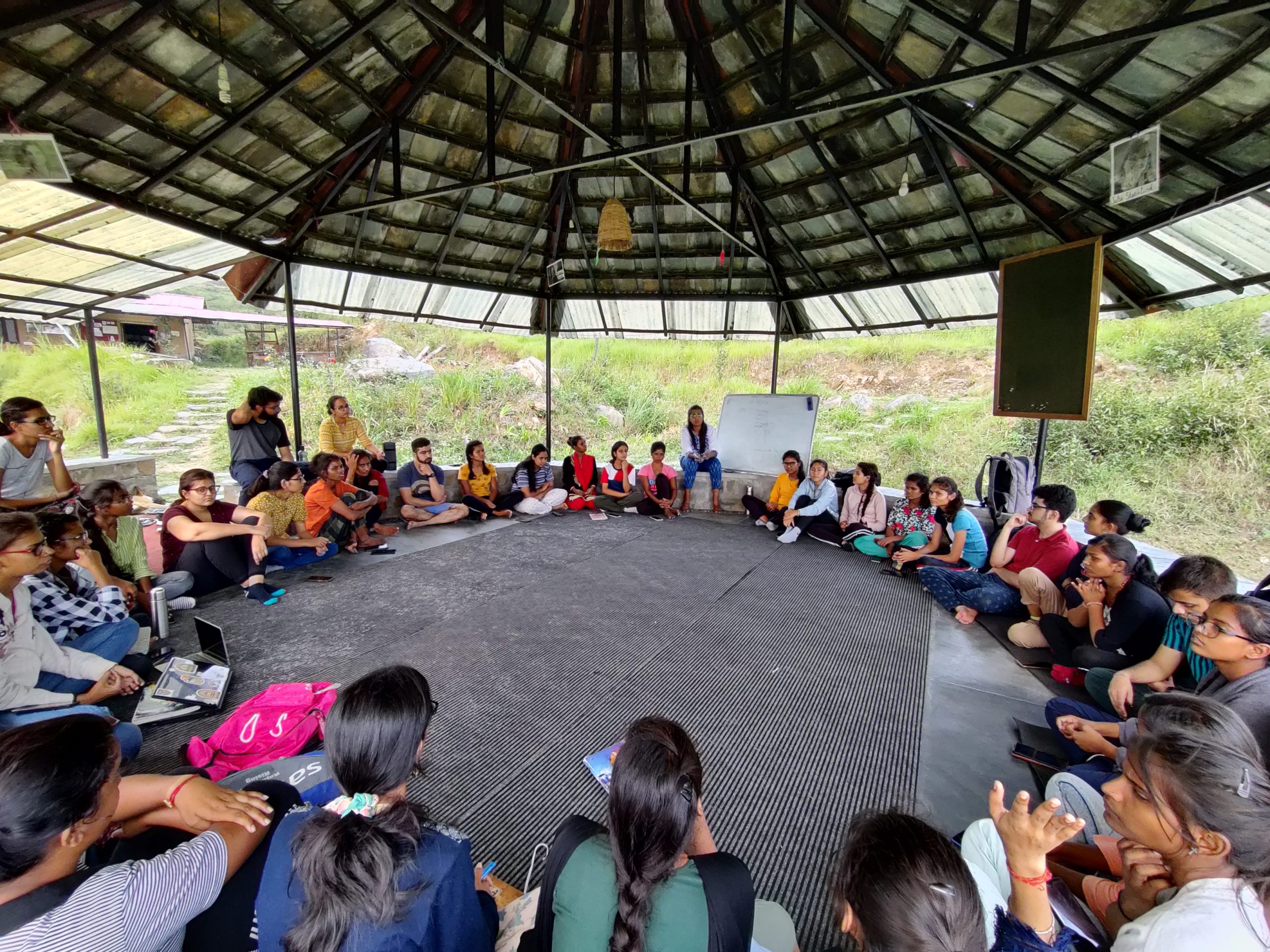
Sapnewalis at work
“With Sajhe Sapne, my goal is to shift the mindset of rural women from that of a livelihood to one of career development,” Surabhi says. “The ideas that encompass a growth path make the full form of ‘Sajhe’ – “S for skills, A for agency, J for job retention, H for hope and sense of possibilities and E for ecosystem of support,” she adds.
Over the last three years, Sajhe Sapne has trained a cohort of women from states like Himachal Pradesh, Bihar, Rajasthan, MP, UP, Punjab and Maharashtra, from its Kandbari facility. “Our Sapnewalis have fire in their bellies and Sajhe Sapne fans that fire,” tells the founder and CEO.
The Sajhe Sapne model of growth
When Surabhi started out in 2020, she was brimming with ideas, but funds were scarce, so she settled on crowdfunding. She set out to arrange ₹15 lakhs for the startup but ended up getting ₹26 lakh within three days of her crowdfunding campaign. It wasn’t just family and friends – celebrities also took notice and re-tweeted her initiative, helping her exceed her collection target. “In fact, more people were willing to contribute but I stopped the campaign midway because I did not want to use so much money on the pilot run of my project, despite friends advising not to do so and allow money to come.”
Now, Surabhi has come up with a unique model in which she instils a sense of responsibility in the alumni group (Sabal Sapna Dal), She tells them, “Once you graduate with a job, pay for someone just like someone paid for you.”
She wants to make her alumni network strong enough to be the biggest investors, influencers and inspiration for the future batches. There is an expenditure of ₹96,000 on each trainee in the year-long residential programme at Sapna Centre. Surabhi is proud of the fact that her funding model has already started gaining momentum. “So far ₹4.5 lakhs have already been donated by former trainees,” she shares joyfully.
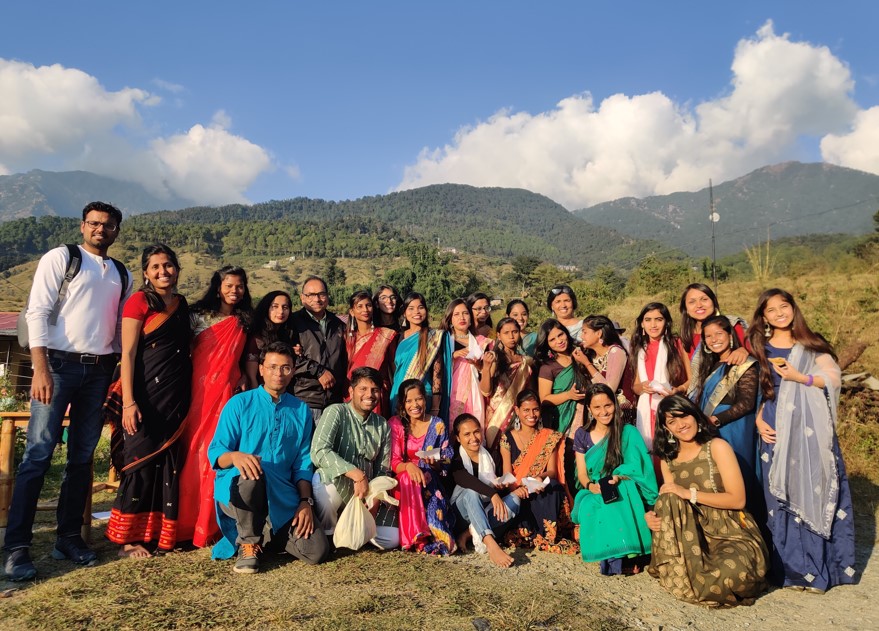
Sajhe Sapne team
Sajhe Sapne has three career tracks for women to choose from to shape their careers – project management, primary math teaching and coding and web development. After they finish the year-long training programme, while Surabhi and her team try to bring employment opportunities, the programme also prepares women to look for job opportunities and apply on their own. “We try to bring in work opportunities from progressive organisations that value diversity,” Surabhi explains.
The organisation also runs a one of its kind podcasts by rural women where people get to learn from their life and derive leadership lessons from what they have done differently to change their lives for the better. Such has been the impact of Sajhe Sapne’s idea that apart from Surabhi’s eight-member team, some very well-placed individuals like a San Francisco based product designer working in Uber are volunteering for the organisation deeply believing in the cause.
Life in IIT-Delhi
Surabhi grew up in Khargone Madhya Pradesh and studied there until standard 12, after which she went on to do her BTech and MTech in bio-chemical engineering and biotechnology from IIT Delhi.
Breaking barriers, she was the first person in her village to move to a big city to study. People in her community didn’t even understand the magnitude of her achievement when she secured an admission to IIT. “It was just another technical institute to them,” she says. “When I came to IIT, I realised it’s a big mela where you get to engage in so many things. I was awestruck with the three floors of library that had books that I could touch. It was such a beautiful experience for me coming from a village of scare resources,” she adds. “IIT became a big playground for me to explore interesting things.”
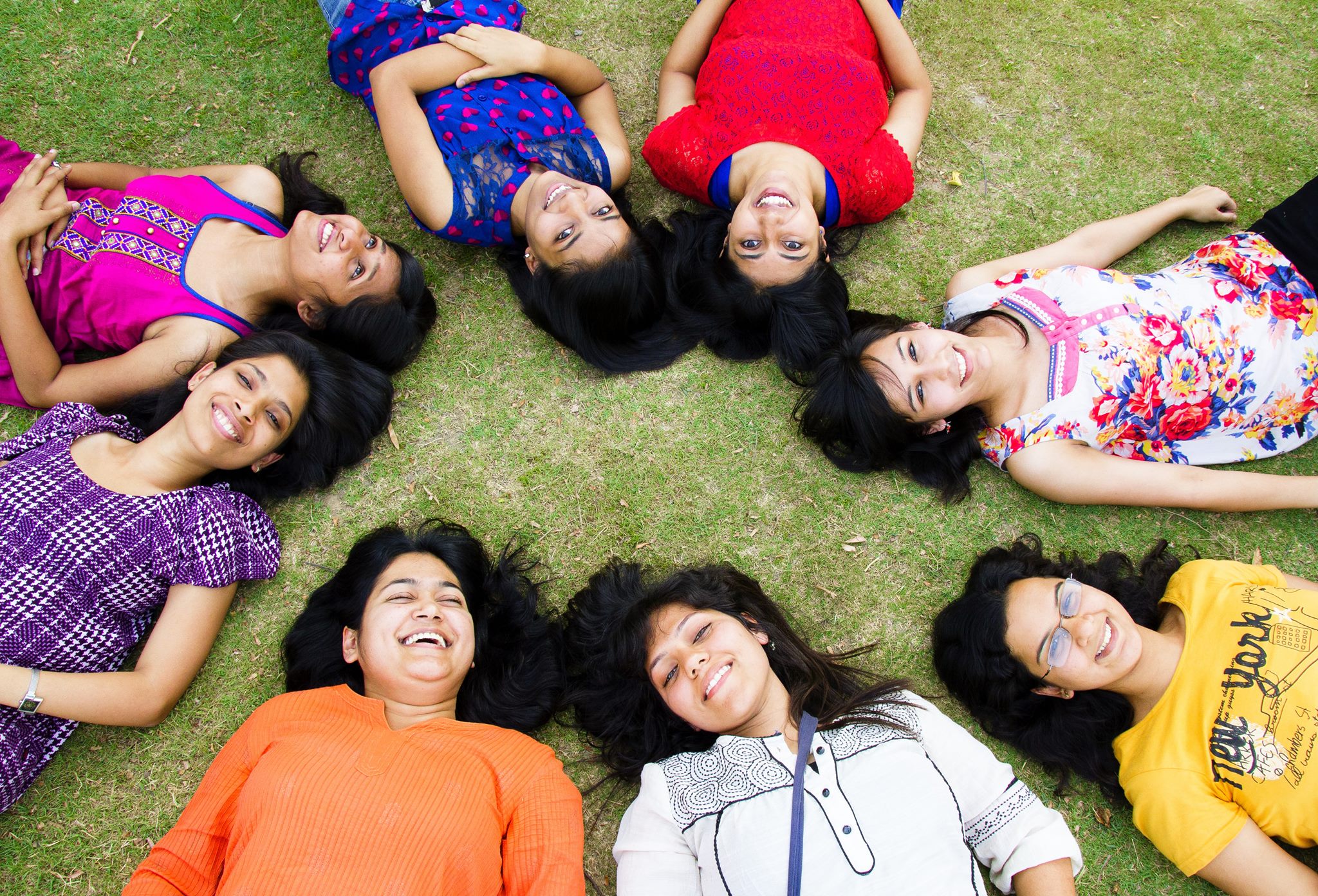
Team of friends
Surabhi’s interest in social development had begun early in her life, so after her M.Tech, she remained at IIT to work with a Professor of the Humanities and Social Sciences department as a research assistant. While thinking, reading, and writing about inclusive innovation and how to use technology for social good, she was soon neck-deep into development studies. It was the impetus that led her to University of California, Berkley to do a masters in development practice.
Realising her dreams
When she returned from California, Surabhi worked for an NGO for a short while and then started on her dream project.
“My father is the first person in the village to get a full education and a sarkari job. My mother fought to study until class eight. Since they worked very hard for their own education, they were very committed to their children’s education. Also, they treated social work as a way of living and not as a moral obligation,” Surabhi tells. This is where her dedication for social development stems from.
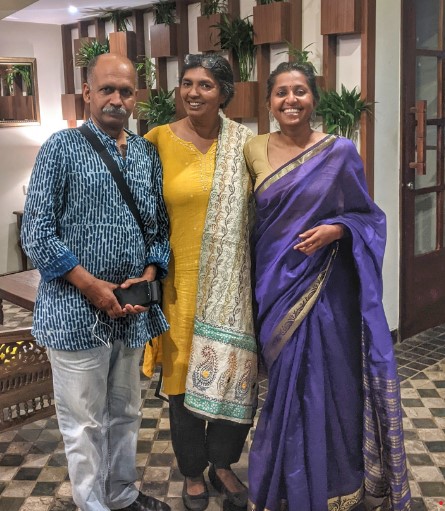
Surabhi with her mentors
Now a retired horticulturist, her father has helped many farmers without any benefit. “Being raised by such parents filled me with a sense of responsibility towards my community. In my formative years, I might not have known the phrase ‘social development’ but I grew up learning the importance of giving back to my community,”
Project Basanti and BIRD
Surabhi has been involved in other projects around gender equity and the rural development space. Her feminist bent led her to also launch Project Basanti – Women in Leisure, a multi-media project named after her late mother. “It explores time as a feminist issue and consists of a rich repository of photos and videos of women and girls taking time out for themselves.” Surabhi has been happy to see more than 20,000 people participating in interesting social media conversations around women in leisure. “Have you seen a well-rested woman,” asks Surabhi. Project Basanti is all about capturing such rare moments.
Surabhi is also a co-lead at Billion Readers – BIRD, an IIM-Ahmedabad project. There, she assists the BIRD team to support the government’s language literacy initiative and improving reading habits of individuals. While people watch entertaining content on television or YouTube, subtitles encourage them to read, without pushing them to do so.
Driven by purpose amidst nature
To be able to work from Kanbadi is like living a dream for Surabhi. “Nature was important, a small place was important, not having a crowd was important. I get the quiet, I get the mountains and I get this beautiful organisation to run with a wonderful team,’ she smiles. “This place gives me the tranquility that requires to think creatively,” tells Surabhi who has been learning flute and sitar amidst the blissful quietude.
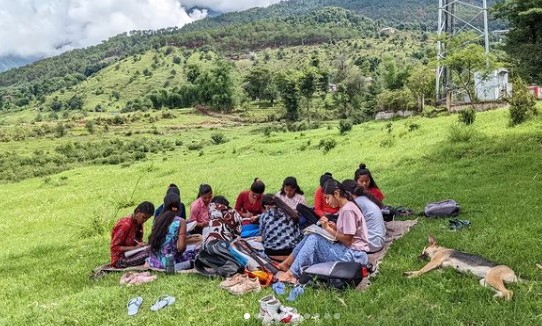
Sapnewalis at work
“I am walking in my balcony with the Dhauladhar mountain range and lush green fields in front of me,” she smiles as we come to the end of our conversation. Life is just the way she wanted it to be. Working amidst the beauty of nature, Surabhi is polishing up her development model while corporates line up to partner with her to open Sajhe Sapne’s Sapna Centres in other villages as part of their CSR activities.
- Follow Surabhi Yadav on LinkedIn, Instagram and Facebook
- Follow Sajhe Sapne on Instagram, YouTube and its website



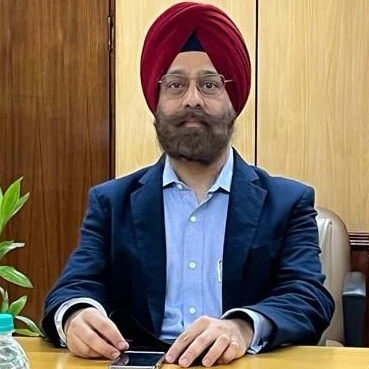 Simmarpal Singh[/caption]
Simmarpal Singh[/caption]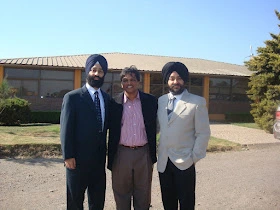 Simmarpal Singh in Argentina[/caption]
Simmarpal Singh in Argentina[/caption]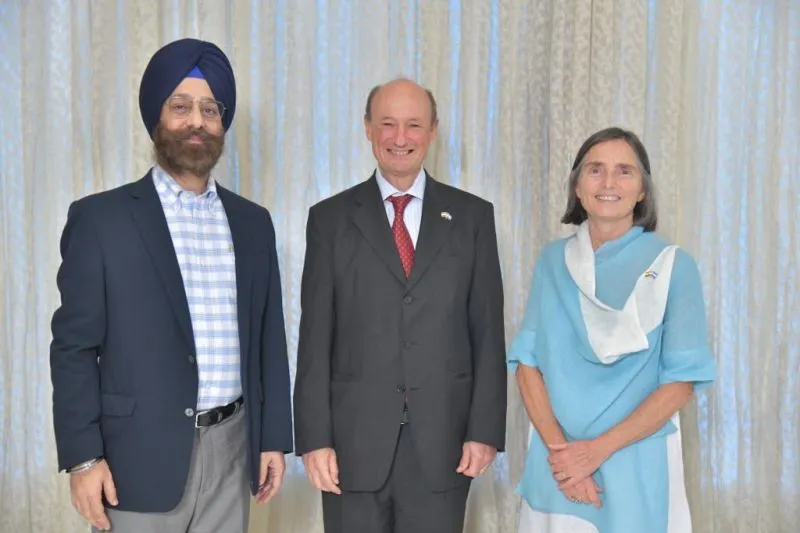
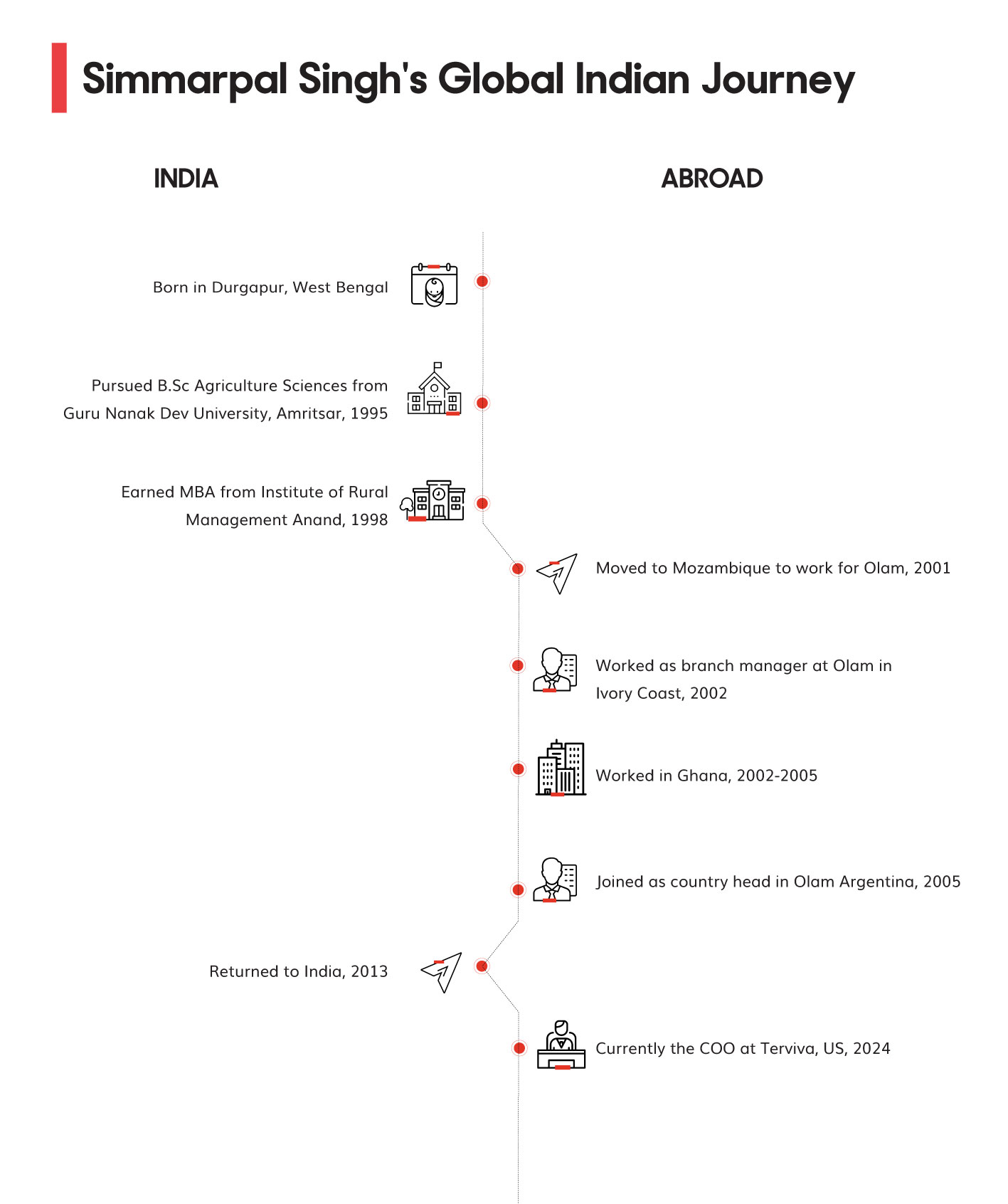
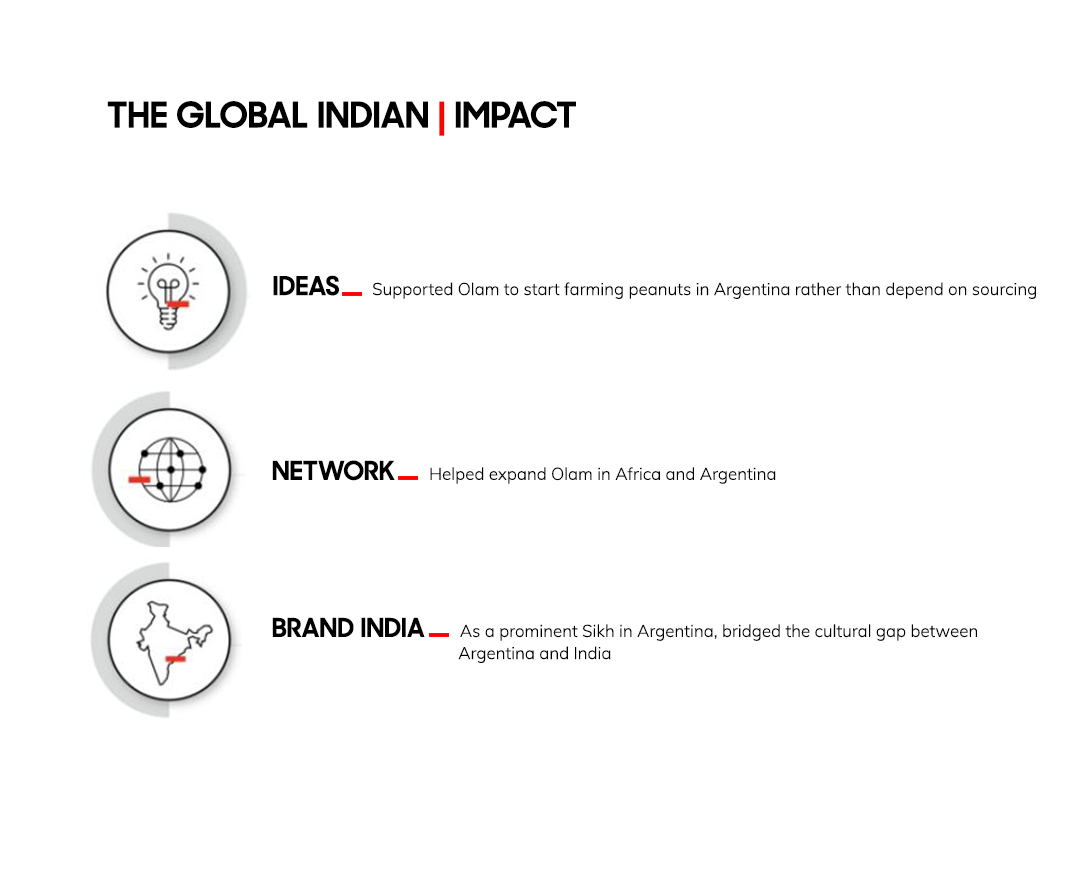

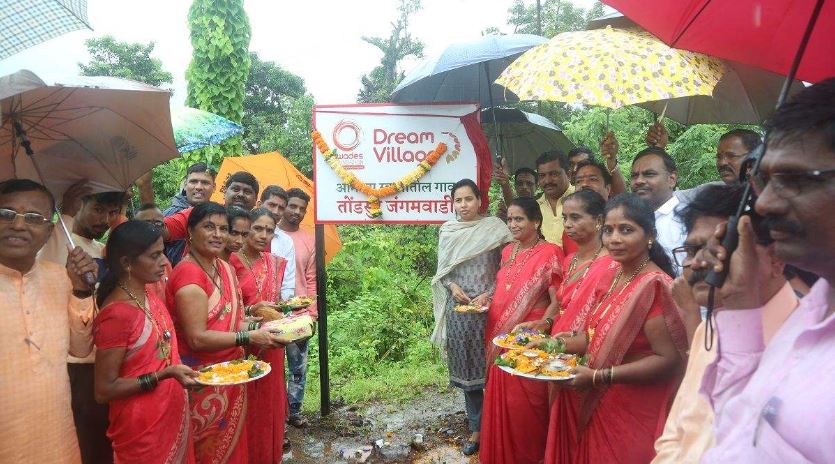 One of the dream villages by Swades Foundation[/caption]
One of the dream villages by Swades Foundation[/caption]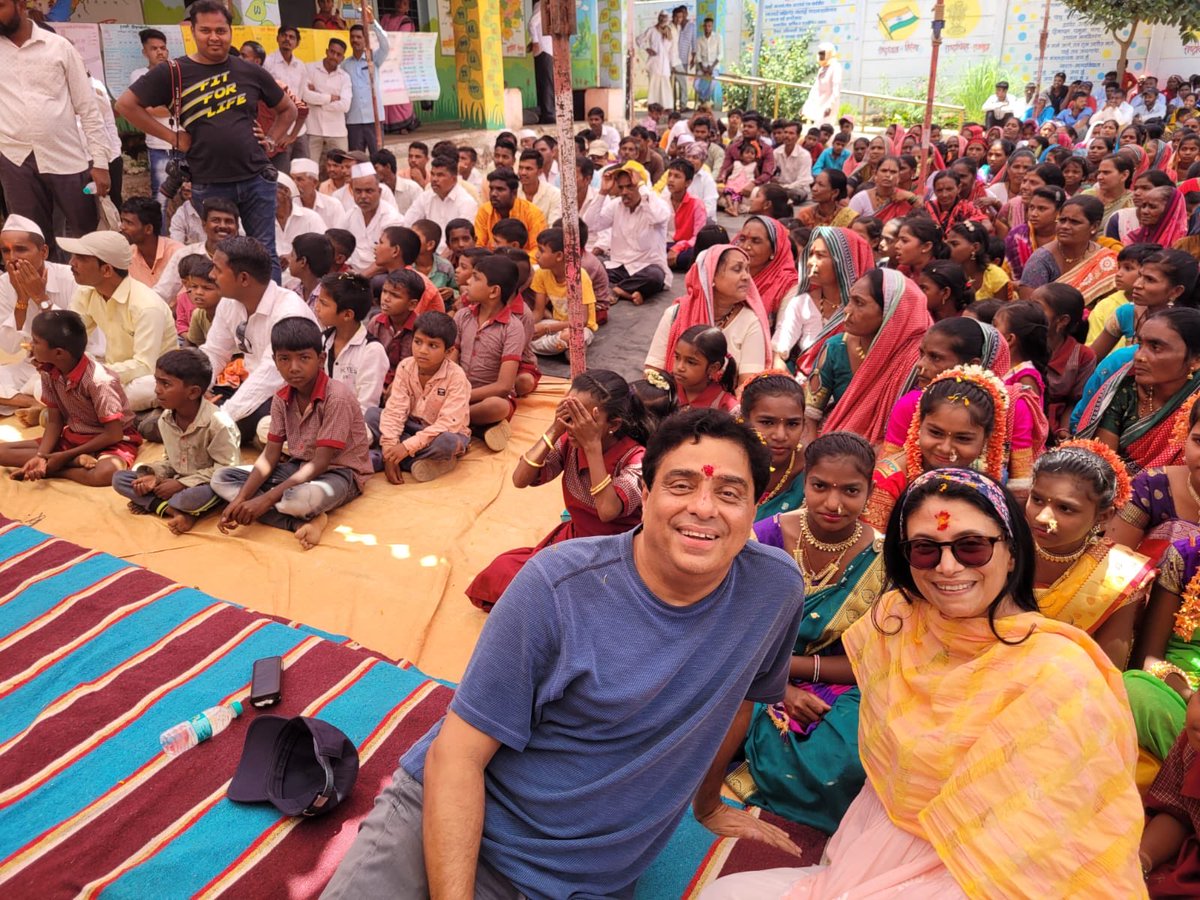 Ronnie and Zarina Screwvala at one of the village events[/caption]
Ronnie and Zarina Screwvala at one of the village events[/caption]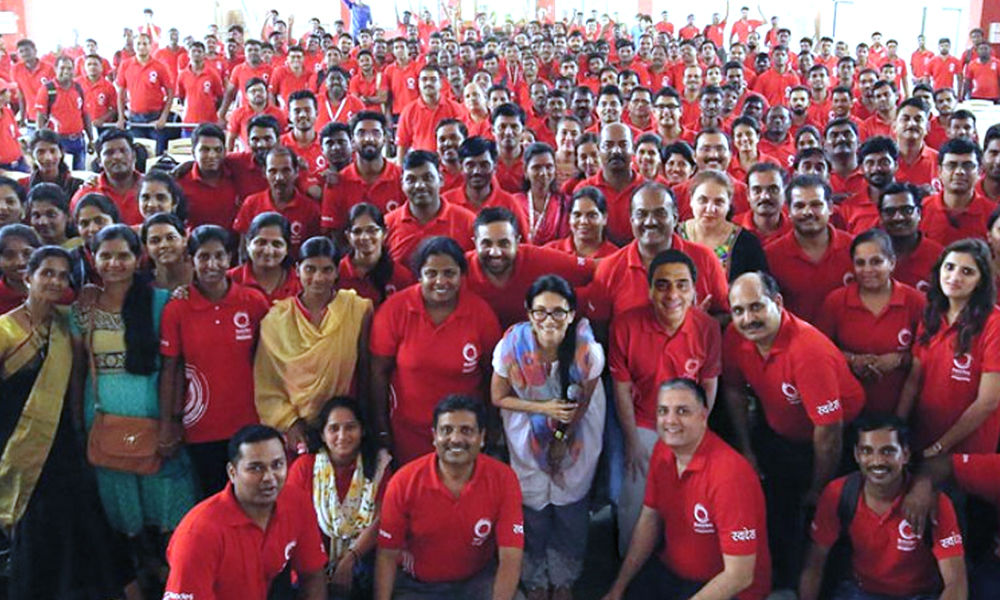 Ronnie and Zarina Screwvala with Swades Foundation team[/caption]
Ronnie and Zarina Screwvala with Swades Foundation team[/caption]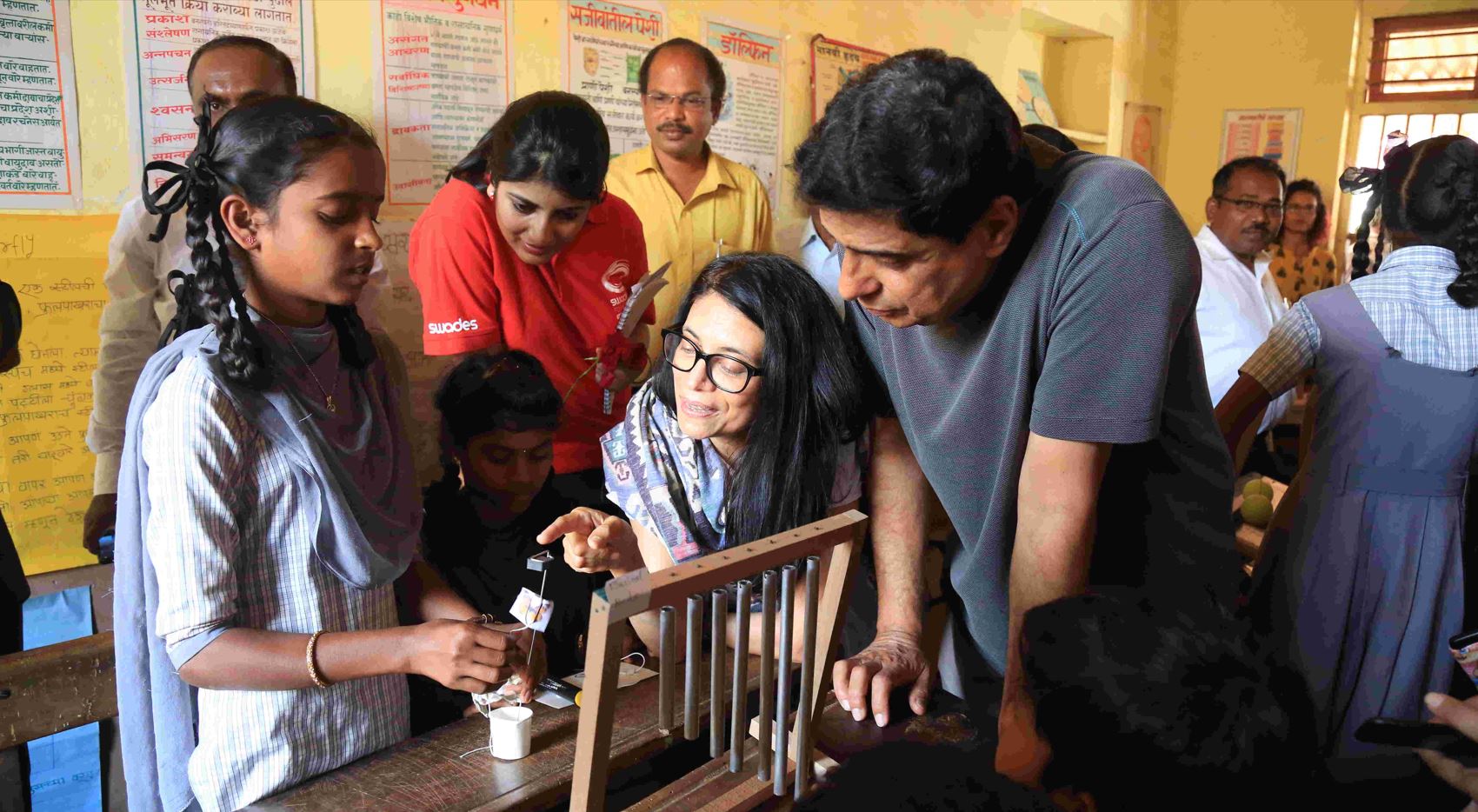 Swades and his wife Zarina at one of the villages they support[/caption]
Swades and his wife Zarina at one of the villages they support[/caption]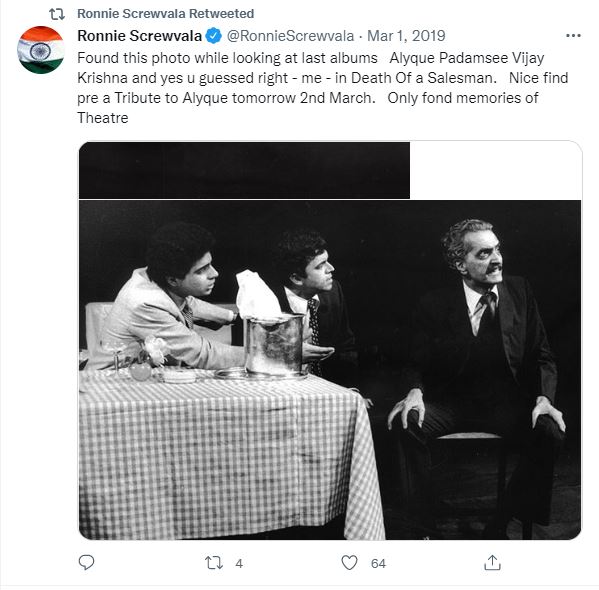
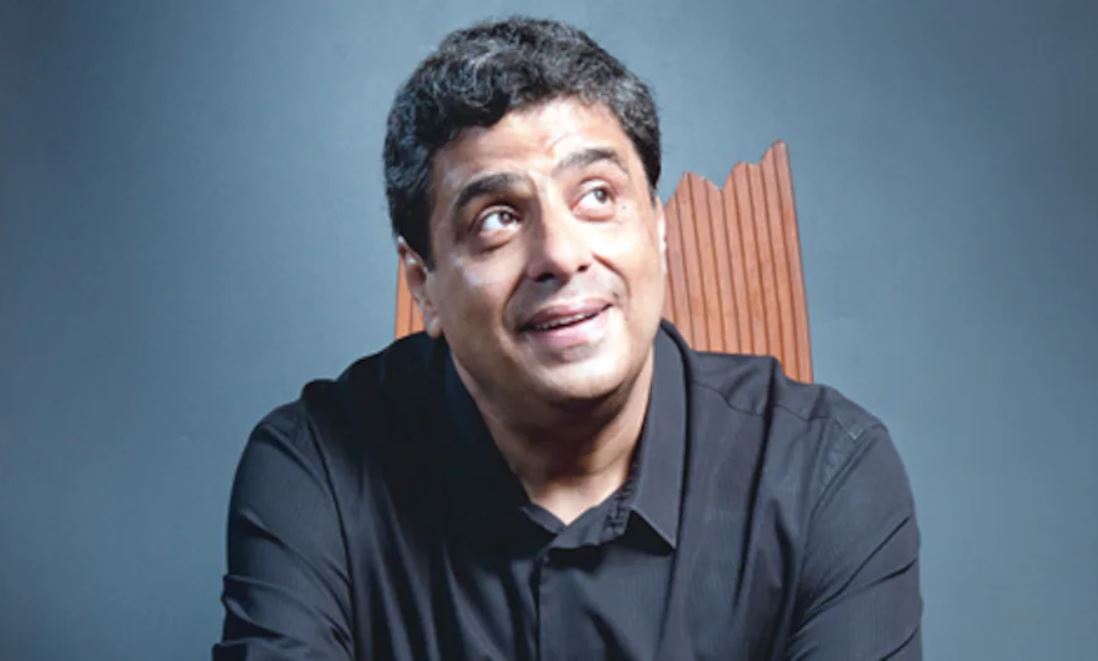
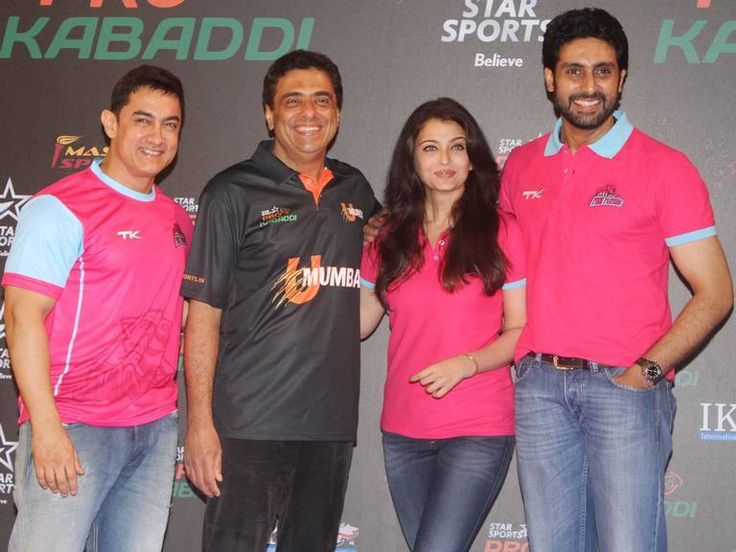 Ronnie Screwvala with Amir Khan, Aishwarya Rai and Abishek Bachchan[/caption]
Ronnie Screwvala with Amir Khan, Aishwarya Rai and Abishek Bachchan[/caption]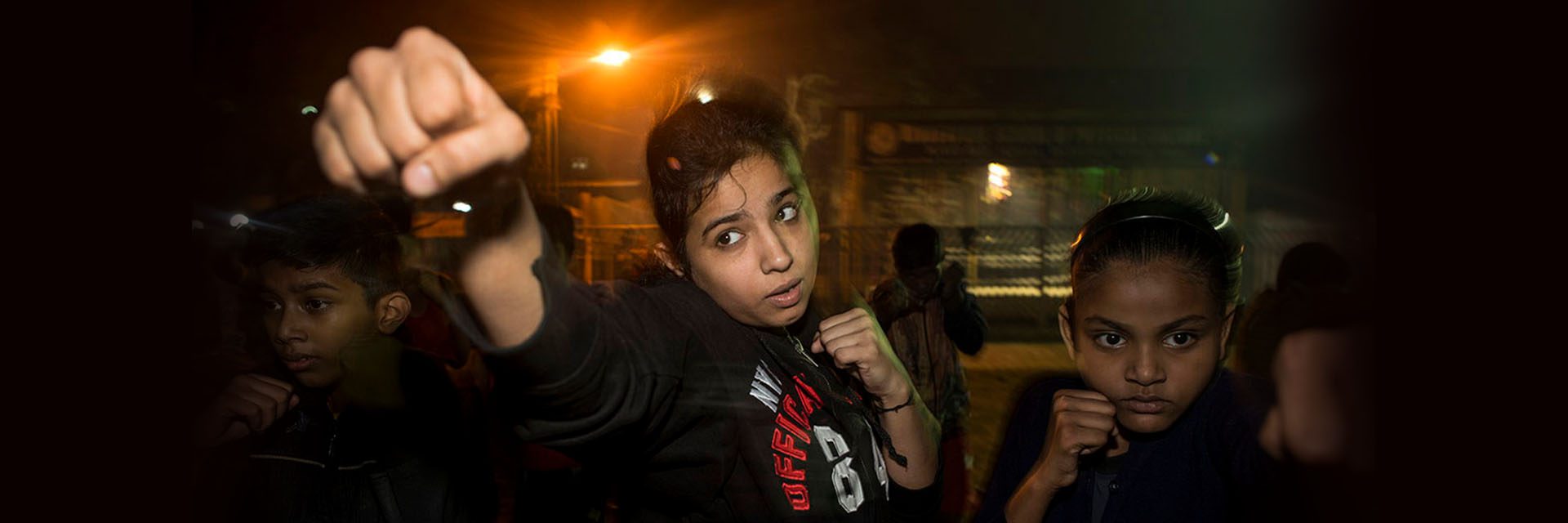
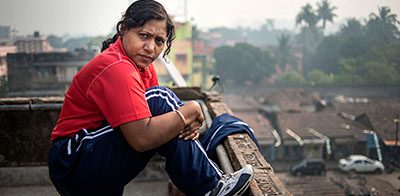 Razia Shabnam exercises at her rooftop; Photo Courtesy: Arindam Mukherjee[/caption]
Razia Shabnam exercises at her rooftop; Photo Courtesy: Arindam Mukherjee[/caption]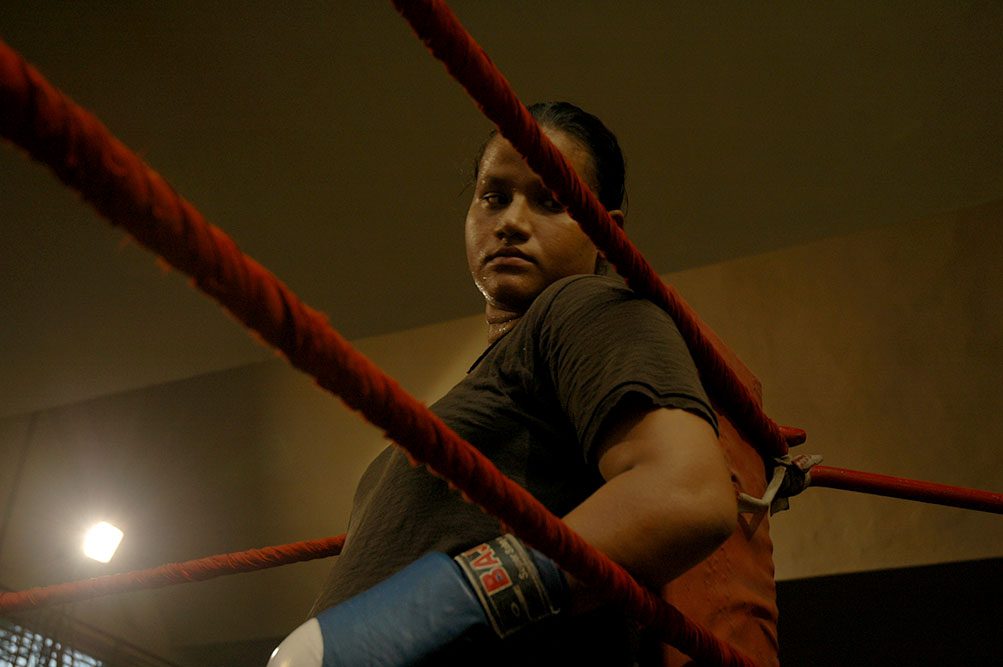 Photo Courtesy: Arindam Mukherjee[/caption]
Photo Courtesy: Arindam Mukherjee[/caption]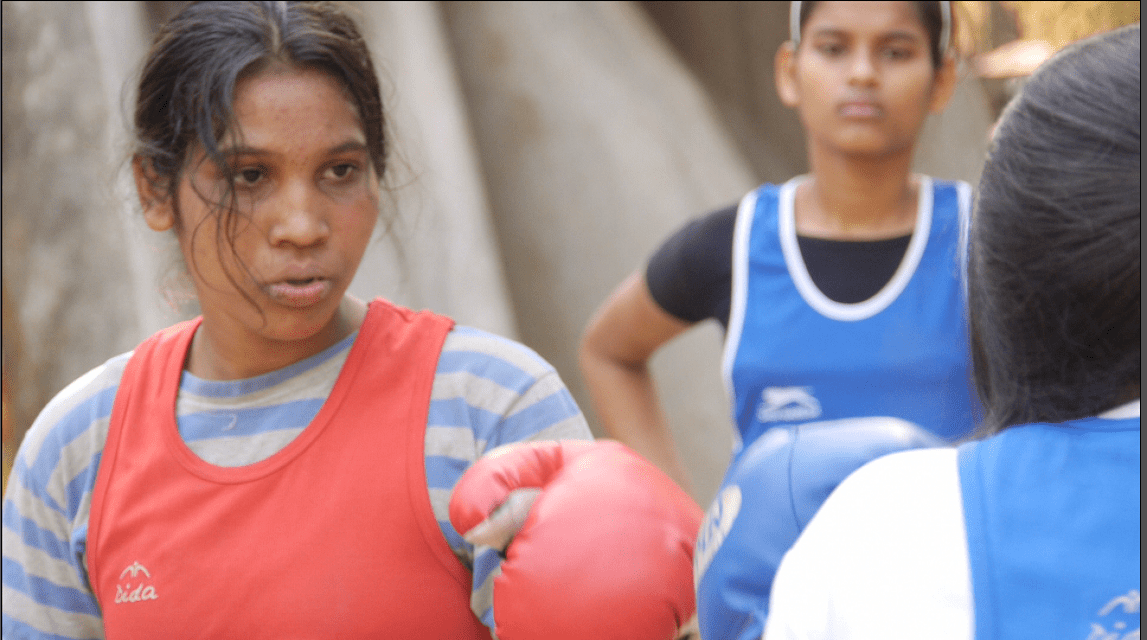 Ajmira Khatun during a practise session; Photo Courtesy: Alka Raghuram[/caption]
Ajmira Khatun during a practise session; Photo Courtesy: Alka Raghuram[/caption]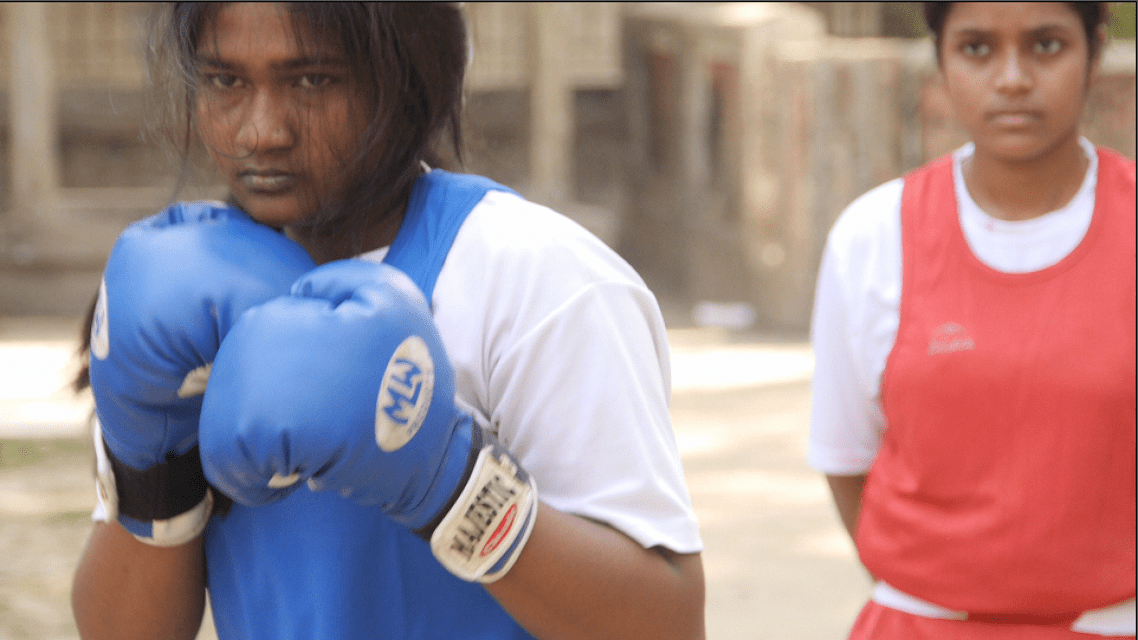 Taslima during a practise session; Photo Courtesy: Alka Raghuram[/caption]
Taslima during a practise session; Photo Courtesy: Alka Raghuram[/caption]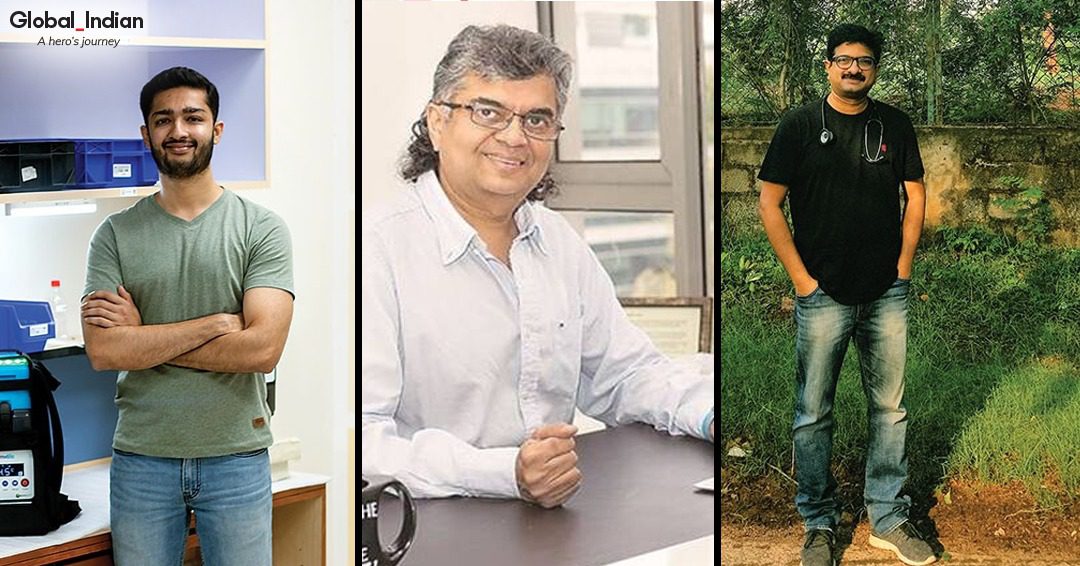

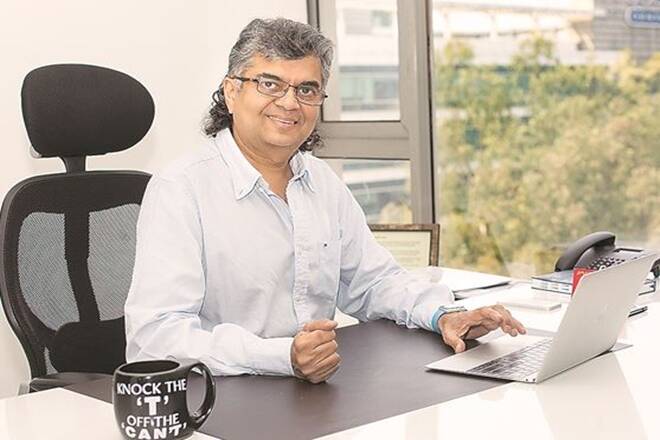

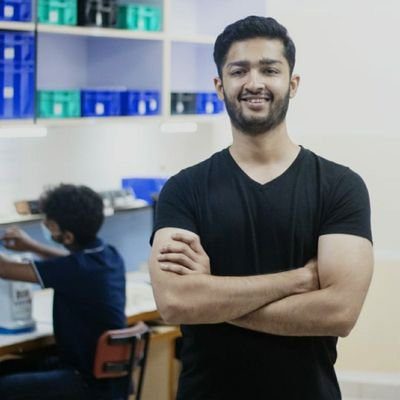

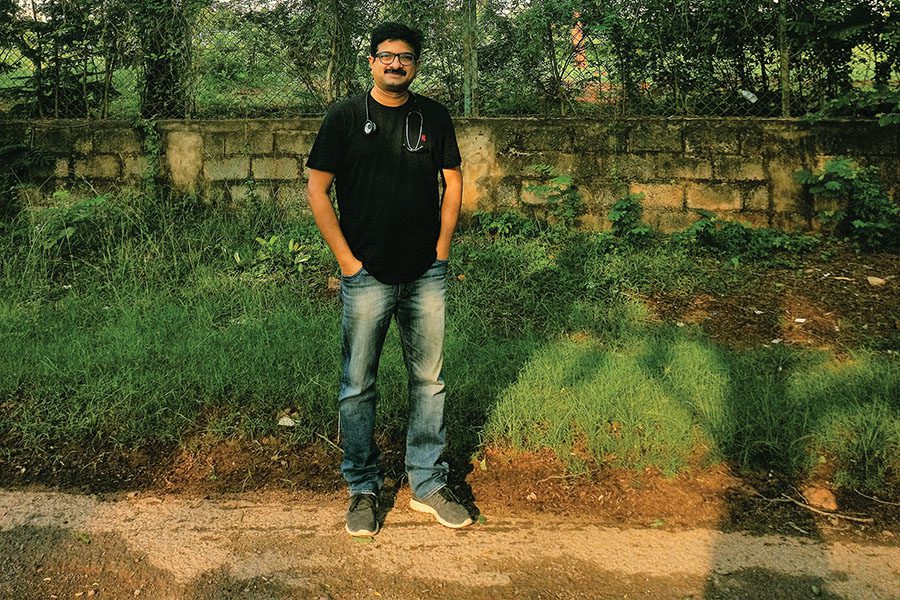

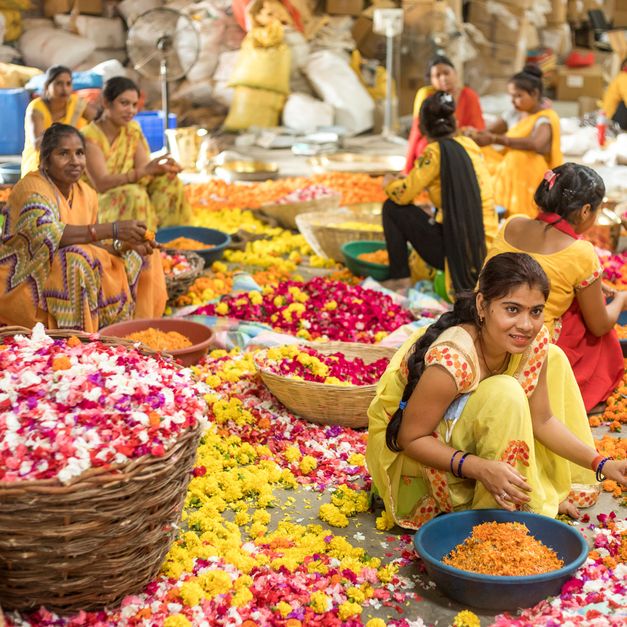
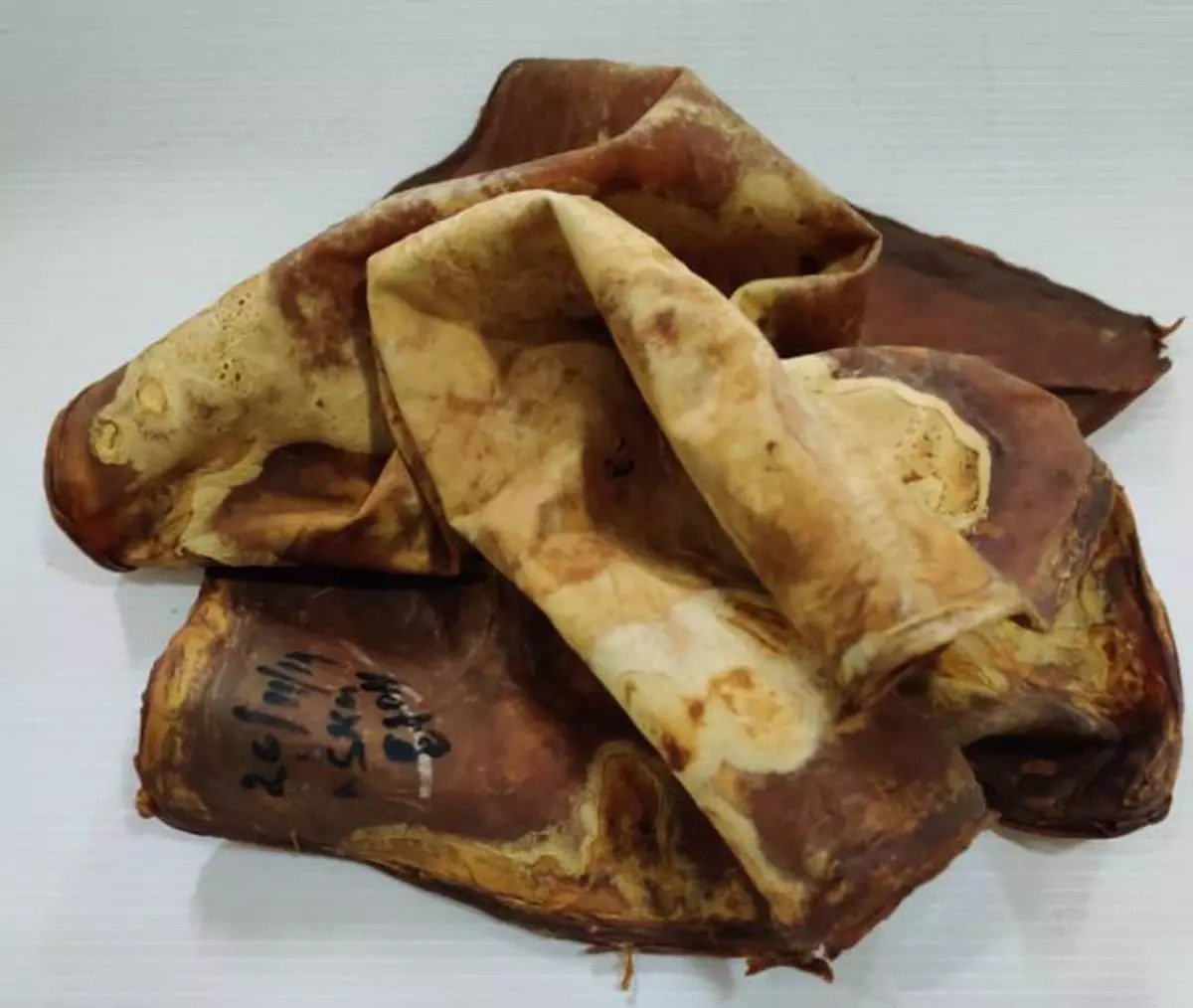 Floral waste turned into vegan leather[/caption]
Floral waste turned into vegan leather[/caption]